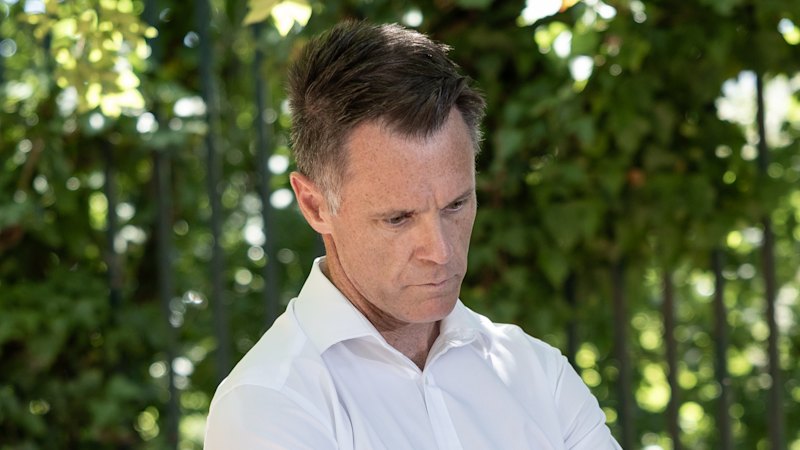
UPDATE: An $8 million grant program is making waves in Australia’s agricultural sector by significantly boosting the production of the methane-inhibiting seaweed, Asparagopsis. This urgent initiative, announced by the Department of Agriculture, Fisheries and Forestry (DAFF), aims to address the alarming fact that methane from livestock digestion contributes to approximately 71 percent of the country’s agricultural emissions.
The latest data from the National Inventory Report highlights that these emissions account for 13 percent of Australia’s total greenhouse gas output. Matt Lowe, Deputy Secretary of DAFF, emphasized the program’s potential, stating, “It is reducing barriers to investment and supporting research expertise and capability of the nascent Australian seaweed industry.”
Launched in June 2023, the Developing Australia’s Seaweed Farming Grant Program aims to generate economic benefits over the next 30 years. The program is set to enhance the production of Asparagopsis not only for local growers but also for global consumers, scientists, and researchers.
Key components of the program include the establishment of a National Hatchery Network (NHN) at James Cook University in Queensland and the South Australian Research Development Institute. This initiative has refined seaweed cultivation techniques and produced crucial resources, including a hatchery manual and technical reports for industry stakeholders.
Additionally, the grant supports ten research and development projects focused on accelerating seaweed production. These projects aim to analyze markets, model economic impacts, and explore carbon credit schemes, bolstering the industry’s governance and connectivity through online platforms.
The program also backed the 2025 Seagriculture Asia-Pacific conference in Adelaide, fostering international collaboration. This event, organized by the Australian Sustainable Seaweed Alliance (ASSA), facilitated valuable connections with global seaweed farmers and researchers, enhancing Australia’s standing in the international seaweed industry.
Mr. Lowe remarked, “The program delivered groundbreaking research and development outcomes and, importantly, built a strong foundation for the seaweed industry that will benefit the economy, climate, farmers, and communities across Australia into the future.”
This program is not just a step toward economic growth but a vital measure in combating climate change. With the potential for substantial reductions in methane emissions, the initiative underscores the importance of sustainable practices in agriculture, with implications that resonate far beyond Australia’s borders.
As this program continues to develop, all eyes will be on its impact on the agricultural landscape and the global fight against climate change. Stay tuned for further updates on this critical initiative.







